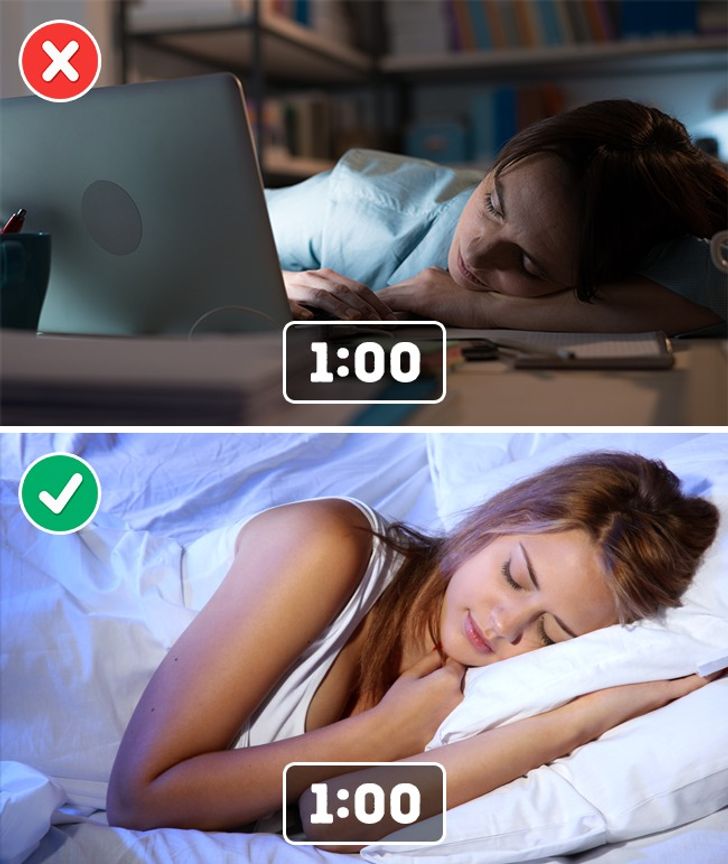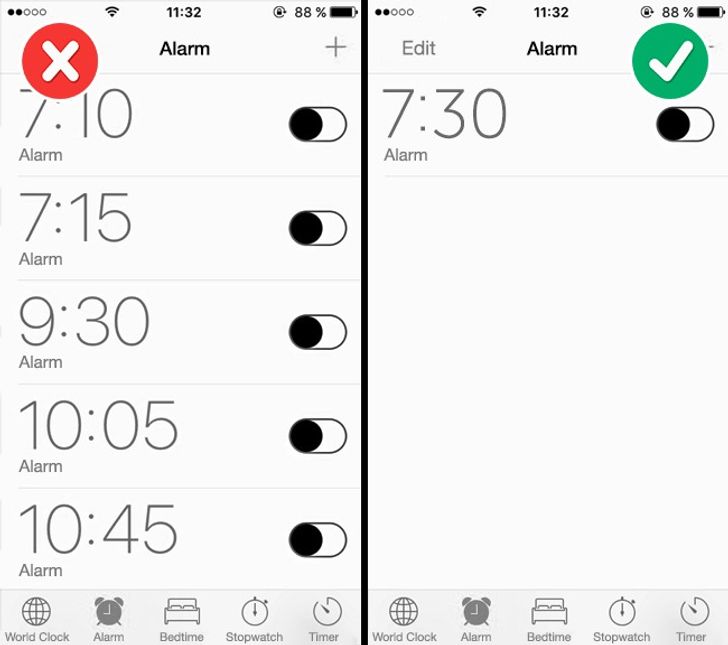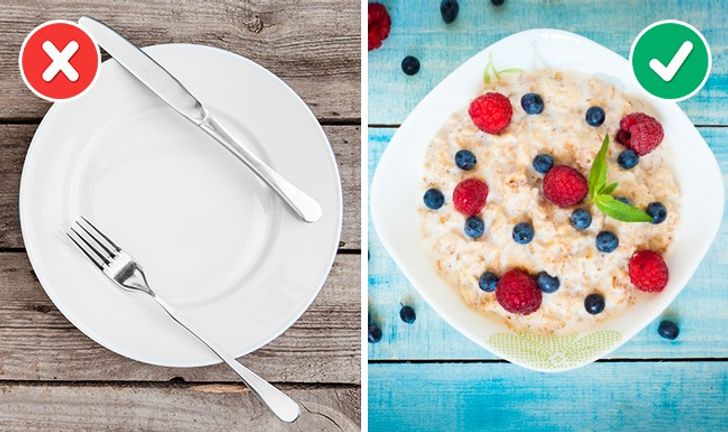The feeling is all too familiar to many of us: after going to bed early and sleeping for no less than 8 hours, you still haven’t had enough sleep and feel tired. We often blame it on stress and the endless daily rush, but sometimes the causes of morning fatigue are quite different.
Bhaskar Health is going to tell you what prevents you from having a good night’s sleep.
8. No daily schedule
Our lives go in accordance with the circadian rhythm (also known as the biological clock), which is a regular cycle of alternating sleepiness and alertness. Going to bed at a different time every night, we break this cycle, and this can result in drowsiness and fatigue. It’s well worth getting into the habit of going to bed at the same time every night.
7. Catching up on sleep at the weekend
If you sleep 5-6 hours on weekdays, while the time spent in bed on weekends is twice as long, you – again – break your body’s biological rhythm. In addition to sleeping disorders, it is fraught with an increased risk of developing obesity, type 2 diabetes, and cardiovascular disease. To avoid this, try not to vary your wake-up time by more than an hour.
6. Hitting the snooze button
15 more minutes wrested from your alarm clock won’t do you any good. Dozing off again, you might fall into the phase of deep sleep and feel even more tired upon awakening. It’s best to set your alarm for the time when you absolutely need to get up – and to train your willpower.
5. Too much light in the room
If your eyes catch any light, your body suppresses the production of the sleep-inducing hormone melatonin, which can lead to sleeping disorders. This effect applies to both natural and artificial light such as a glowing TV button or your cell phone’s light signal, so it’s better to completely turn off all electronics in your bedroom.
4. Skipping breakfast
Breakfast helps to start the biological clock that counts down the time until the next rest. If too much time passes between waking and eating, your body increases the level of the stress hormone cortisol.
3. Eating starchy and sweet foods before sleeping
Eating before bed is harmful not just for your body but for your sleep as well. This is especially true for foods with a high glycemic index, which increase the level of cortisol in your body. This effect lasts for 5 hours, so you’d be better off giving up pizza, cakes, and potatoes 5 hours before bed and replacing them with lighter foods such as yogurt or low-fat meat.
2. Messy bedroom
An overstuffed bedroom is a reminder of the tasks you didn’t finish during the day, researchers claim. In contrast, a tidy room and a bed made with fresh fragrant linen stimulate you to go to sleep earlier. To get a good sleep, tidy your bedroom regularly and don’t clutter it.
1. Taking a hot shower or bath right before bed
A warm soak will help you relax and fall asleep all right, but not immediately before heading off to bed. The reason is that a drop in body temperature is one of the signals your body sends you to say it’s time to hit the hay, and a hot shower or bath disrupts this signal. To prevent that, take them at least 1.5 or 2 hours before sleep time.










0 Comments